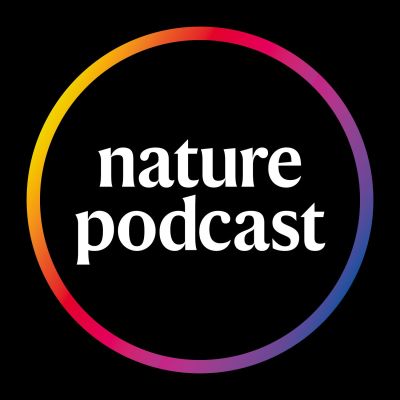The Nature Podcast brings you the best stories from the world of science each week. We cover everything from astronomy to zoology, highlighting the most exciting research from each issue of the Nature journal. We meet the scientists behind the results and provide in-depth analysis from Nature's journalists and editors. Hosted on Acast. See acast.com/privacy for more information.
http://www.nature.com/nature/podcast
How to tame a toxic yet life-saving antifungal
In this episode:
Amphotericin B is a drug used to treat life-threatening fungal infections. But while it is effective against many fungal species, it is also extremely toxic to kidneys, meaning it is mostly used as a drug of last-resort. This week, a team has unpicked the mechanism behind the drug’s toxicity, allowing them to modify it and reduce side effects in human kidney cells. The researchers hope this new version of the drug could become a useful tool in fighting fungal diseases.
Research article: Maji et al.
Reconstructing woolly rhino DNA using samples from fossilized hyena dung, and a soft robot that can perform surgery inside a beating heart.
Research Highlight: Woolly-rhino genome emerges from cave hyena’s fossilized poo
Research Highlight: A robot performs heart surgery with a strong but delicate touch
Phosphorus is a vital element for life and for planet formation, but although abundant in the inner part of the Milky Way, it has been undetected in the outer regions of our Galaxy. Now, researchers have identified phosphorus-containing molecules huge distances from Earth, although exactly how this phosphorus was created is unclear. The team suspect that lower-mass stars are behind the phosphorus generation, and believe that the detection of the element could broaden the range of planets that may be habitable in our Galaxy.
Research article: Koelemay et al.
What Osiris-REx’s hypersonic capsule return could teach researchers about asteroids hitting Earth’s atmosphere, and the genetic studies that could help restore the genomes of Scotland’s endangered ‘Highland tigers’.
Nature News: Asteroid sampler’s hypersonic return thrilled scientists: here’s what they learnt
Nature News: How to keep wildcats wild: ancient DNA offers fresh insights
Subscribe to Nature Briefing, an unmissable daily round-up of science news, opinion and analysis free in your inbox every weekday.
Hosted on Acast. See acast.com/privacy for more information.
